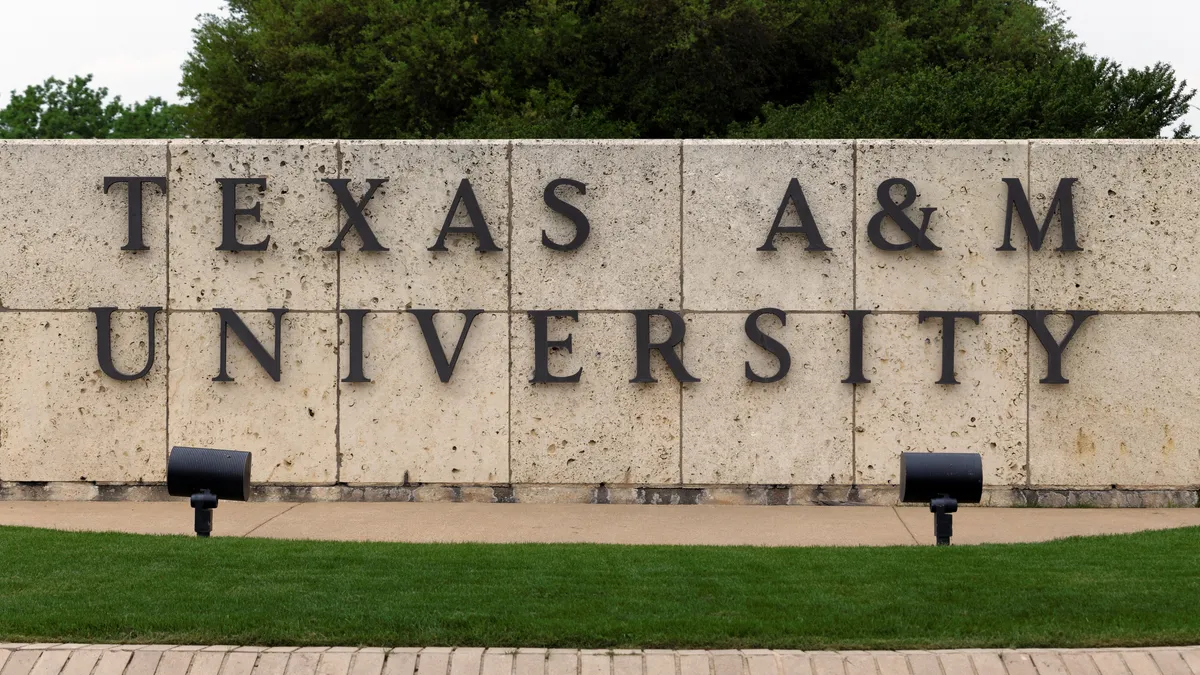Dive Brief:
- The American Bar Association (ABA) recently adopted a resolution stating that law schools can now grant students permission to take up to one-third of the credit hours needed to complete a Juris Doctor (J.D.) degree via distance education. This equates to about 30 credit hours at most U.S. law schools, National Jurist reports. Previously, law students could take up to 15 credits online.
- The ABA defines a distance education course as "one in which students are separated from the faculty member or each other for more than one-third of the instruction" and uses technology to support interactions among students and instructors. Credit for a distance education course is only awarded if the academic content, course delivery method and student performance evaluation method pass the institution’s regular curriculum approval process.
- The new resolution is a plus for prospective students who do not live near institutions that offer in-person law degrees.
Dive Insight:
A growing number of law schools have implemented or are considering online courses and hybrid programs in order to better meet the needs of students. The University of Dayton, for instance, recently announced that it will be offering a hybrid J.D. degree program beginning in August 2019. The university is working with 2U, an international online course management provider, to develop and deliver the new degree program. This is 2U’s first time partnering with a law school.
The University of Dayton’s announcement comes as law schools across the country struggle to increase enrollment numbers. In March, Atlanta’s John Marshall Law School announced it would shutter its seven-year-old branch campus, the Savannah Law School, at the end of the spring 2018 semester due to dwindling enrollment. It is one of a number of law schools to close during the past few years.
Some higher education officials debate whether all parts of the J.D. curriculum are appropriate for distance education. The Socratic Method, a pedagogical technique in which the professor asks a student a series of questions designed to stimulate critical thinking about a case, is a teaching technique that some educators say may not work in an online setting.
However, Syracuse University’s College of Law in 2016 implemented the Socratic Method in online courses that are part of its part-time program. The program uses cloud-based software to convene classes in real time, allowing professors to call on students to answer questions.












